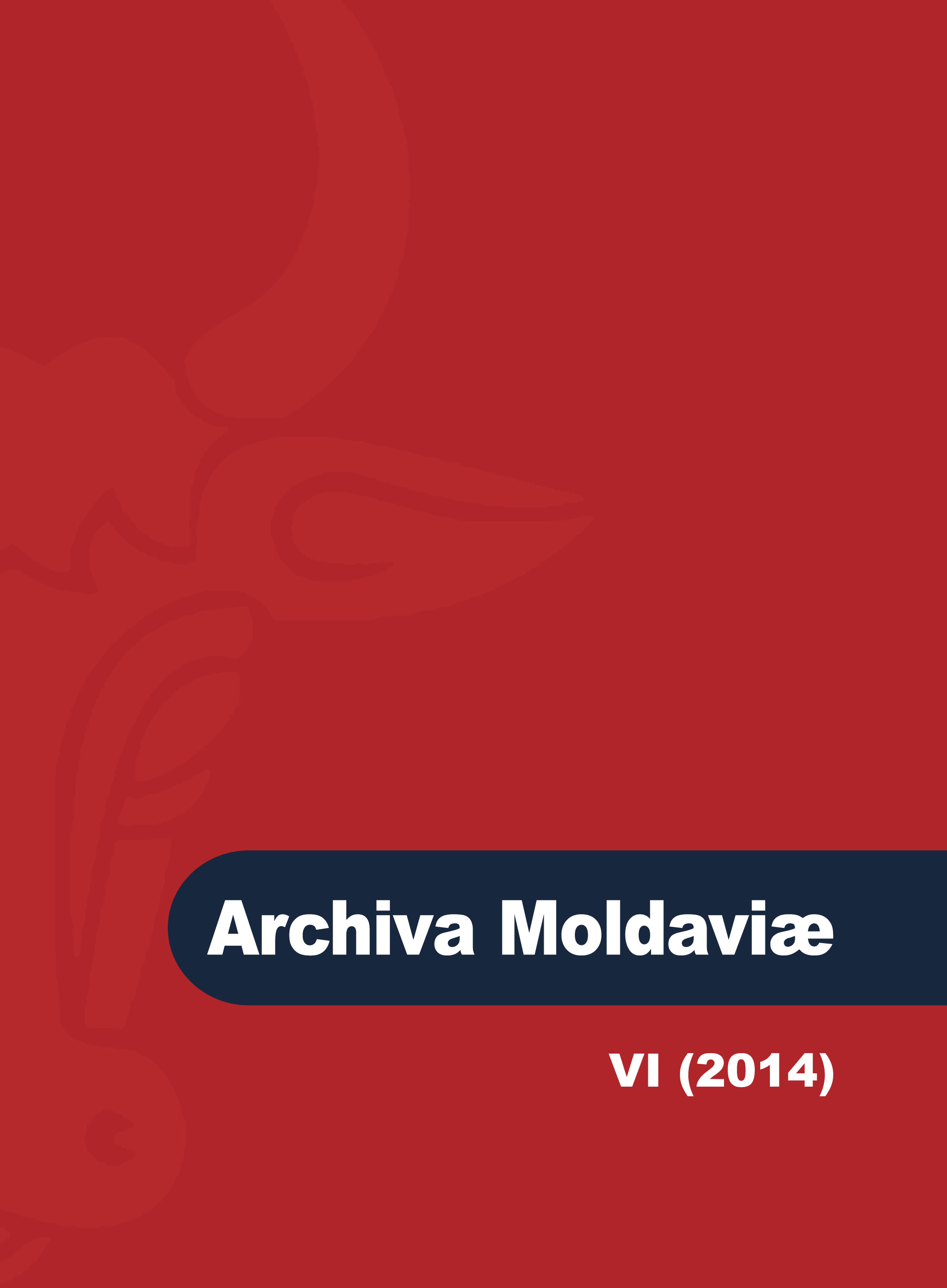Problema aromânilor în dezbaterile Parlamentului României la începutul secolului al XX-lea
The Aromanians’ Question in the Romanian Parliament Debates at the Beginning of the Twentieth Century
Author(s): Sebastian-Dragos BunghezSubject(s): History, Diplomatic history, Pre-WW I & WW I (1900 -1919)
Published by: Societatea de Studii Istorice din România
Keywords: Aromanians; Romanian Parliament; beginning of the twentieth century; Romania’s foreign policy; Macedonia; National Liberal Party; Conservative Party.
Summary/Abstract: At the beginning of the twentieth century the Aromanians’ question was given special attention by both the public opinion and the Parliament in Romania. For several years, parliamentary debates on this question were more consistent than those on the question of the Romanians in Transylvania, speeches that addressed the first covering hundreds of pages in the “Official Gazette”. This may seem surprising today when the Aromanian issue is almost nonexistent in the public space, but can be explained by the international context of that time. Then, Romania encouraged Aromanians to maintain and develop their national identity and culture, along with similar actions organized by countries such as Bulgaria, Greece and Serbia, which were aimed at the inhabitants of Macedonia under Ottoman rule. If these countries sought to secure support from Macedonia's people for a future annexation of the province, the causes of the policy pursued by Romania in this respect are disputed. Some historians assume that Romania had the intention of using the Aromanians as a compensation element to demand territories from Bulgaria, when this one was to get a part of Macedonia. Others disagree with this theory, showing that Romania has always sought to maintain the status quo and the political and military balance in the Balkans in the early twentieth century. Anyway, the first significant parliamentary debate on Aromanians in this period took place in December 1901. Then, the budget for the maintenance of Aromanians’ schools in the Balkans was cut, in the context of the severe financial crisis of 1899-1901. This was an opportunity for the conservative opposition to accuse the lack of patriotism of the liberal Education Minister, Spiru Haret. In his turn, Haret accused the conservatives for wasting public money, from which they had bought bikes and had paid dance teachers for the Aromanians, while some schools had no teachers of Romanian language or mathematics. He criticized the fact that public money had been used to recruit supporters of the Conservative Party which were used in Bucharest against the government. Another discussion of the Aromanian question took place in November and December 1903, when was passed a law that gave money for the purchase of land and construction of Romanian schools in the Ottoman Empire. Conservatives accused again Spiru Haret for the past budget cuts, saying that Aromanians had felt that Romania abandoned them. The opposition, represented by General James Lahovari and Take Ionescu, criticized also the actions of Romania during the Ilinden uprising of 1903, when there were massacres, including among Aromanians. Haret and Foreign Minister Ionel Brătianu replied that they put an end to the waste of public money and gave an efficient organization to the Romanian education in the Balkans. And Aromanians were impressed with the promptness with which Romania had given them material aid after the devastation made by the Turkish troops who suppressed the uprising. In February 1905 it was the first time that in the “Throne Message” was affirmed that Romania was interested in the Ottoman provinces where lived many Romanians, which were faithful subjects to the Sultan. In the discussion that followed the liberals praised Ionel Brătianu for putting Romania's foreign policy on Macedonia on sound bases. They were, however, contradicted by the conservatives returned to power, which criticized past liberal governments for treating “as from inferior to superior” with Great Powers and for giving weapons to Aromanians’ enemies. The conservatives referred to a report to the King by Spiru Haret, stating “that there is no national question, nor serious Romanian schools in Macedonia”. This report was speculated by the Minister of Greece in Paris. Another discussion took place in Parliament after the Romanian diplomacy, led by General James Lahovari, managed to obtain official recognition of the Aromanian nationality by the Sultan on May 9, 1905. All parliamentary parties have congratulated General Lahovari and expressed gratitude to the Sultan. The recognition of the Aromanian nationality had the effect of intensifying the terrorist attacks of Greek nationalists against Aromanians who did not consider themselves Greeks. Greece looked upon Aromanians as Greeks and used their presence in Macedonia to reclaim a part of the Ottoman province. These terrorist acts were condemned in the parliamentary debates of December 1905. Still, then, Romanian parties continued to criticize themselves for the mistakes made in the past concerning the policy in the Aromanians’ question. In the following years there were no extensive debates on the Aromanians. During the Balkan wars Romania's foreign policy focused on a change of border with Bulgaria, so Aromanians’ question was “solved” by the conclusion of diplomatic notes between Romania and the states who had obtained territories inhabited by Aromanians, ie Serbia, Greece and Bulgaria. Although the notes stated that these countries pledged to give autonomy to Aromanians’ schools and churches, they did not comply with the undertaking.
Journal: Archiva Moldaviae
- Issue Year: VI/2014
- Issue No: 6
- Page Range: 217-228
- Page Count: 12
- Language: Romanian

